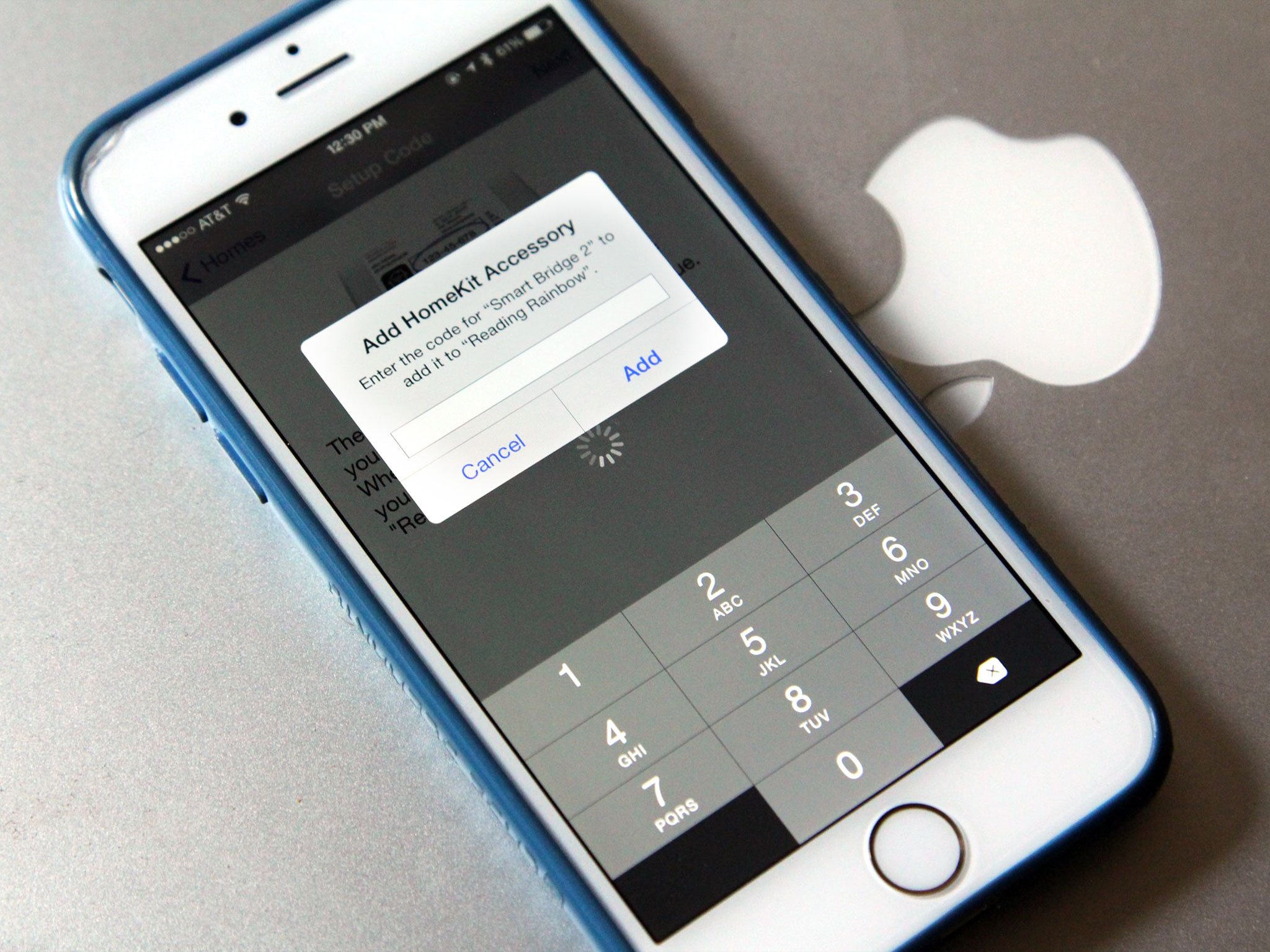Apple's HomeKit is proving to push the state of wireless security forward

Hardware has the word "hard" right in the name. Software isn't easy, but in the modern age it can be updated almost any time for almost every person using it. Atoms are far less forgiving than bits. That's why anyone with any sense knew that Apple's HomeKit—originally announced in June of 2014—was going to take a while to hit the market. New product categories come with new frustrations for platform owners, accessory vendors, and early adopters alike. But in some cases, like with home automation, that's ultimately good for everyone.
The latest in a line of complaints about the time and trouble involved in bringing HomeKit accessories to market focuses on Bluetooth. Forbes:
Apple allows for either WiFi or Bluetooth low energy (LE)-enabled devices to get certified as a HomeKit accessory. Apple is requiring device makers using both WiFi and Bluetooth LE to use complicated encryption with 3072-bit keys, as well as the super secure Curve25519, which is an elliptic curve used for digital signatures and exchanging encrypted keys. [...]WiFi-enabled devices can handle these security requirements, but it seems devices running over Bluetooth LE are having some issues. The intensive processing demands for generating and sending these security keys is what's likely causing these lag times said Monica.
This falls back to the ages-old battle between convenience and security. Early home automation accessories raced to get on the market with little or no concern for security or reliability. Many people knowledgeable in wireless technology simply refused to use them for those very reasons. Other people, who just wanted shiny new toys and new conveniences, bought them anyway. (Guilty!)
When those devices were added to home networks, however, they created security holes and, in some cases, interfered with the network itself. Chipmakers could have been faster to add proper security and reliability to support these kinds of devices, and accessory makers could have been more demanding and more patient and helped force the issue forward, but not everyone knows or cares about this kind of stuff.
Apple does.
So, yeah, HomeKit is taking a while. When I saw the early prototypes at CES 2015, I assumed we'd have to wait until fall 2015 to see any shipping devices. A few manufacturers have managed to ship already, but that's a testament to their ingenuity and resolve than anything approaching a normal industry timeline.
But let's be clear here: If you think I'm defending Apple or apologizing for HomeKit or any of that nonsense, think again. I'm defending myself and everyone who reads this.
Master your iPhone in minutes
iMore offers spot-on advice and guidance from our team of experts, with decades of Apple device experience to lean on. Learn more with iMore!
When I see articles about HomeKit taking too long or being too hard, frankly, I'm baffled. Where were all articles about how long it was taking for secure wireless chipsets to hit the market, or about the sorry state of home automation reliability and security before HomeKit? It may not "sell papers", but as a customer that's what I need to be informed about.
These accessories are coming into our homes. They're going to be controlling the devices we and our families live with. They need to be rock-solid reliable and as secure as the state-of-technology allows. Because you better believe the first "hijacked home" video will go viral.
So, if vendors are having to work their asses off to make this stuff great, to make it solid, and to make it locked down—huzzah! I wish they'd done it sooner, but I'm delighted Apple—and hopefully other platform owners—are making damn sure they're doing it now.
And if Apple evolves the standards and protocols as everyone learns and figures this stuff out—huzzah again. Better Wi-Fi, better LTE, better accessories, better software—All of that sounds not only great to me, but critical.
Because, when it comes to my home, the hoops I expect everyone to jump through can't be too high.

Rene Ritchie is one of the most respected Apple analysts in the business, reaching a combined audience of over 40 million readers a month. His YouTube channel, Vector, has over 90 thousand subscribers and 14 million views and his podcasts, including Debug, have been downloaded over 20 million times. He also regularly co-hosts MacBreak Weekly for the TWiT network and co-hosted CES Live! and Talk Mobile. Based in Montreal, Rene is a former director of product marketing, web developer, and graphic designer. He's authored several books and appeared on numerous television and radio segments to discuss Apple and the technology industry. When not working, he likes to cook, grapple, and spend time with his friends and family.
